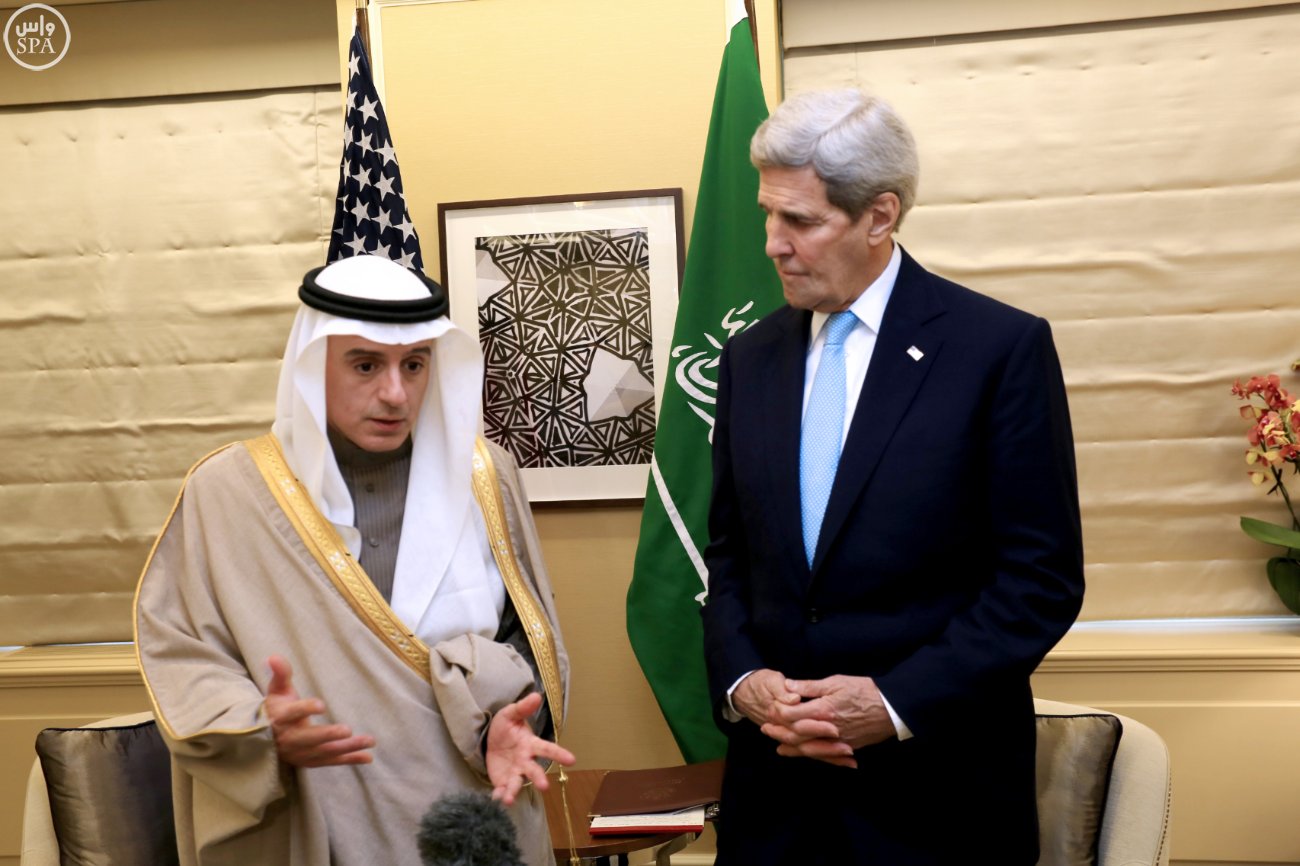The Senate on Tuesday passed H.R.3815, also known as the Justice Against Sponsors of Terrorism Act (JASTA), a bill that would allow the families of victims of the Sept. 11, 2001, attacks to sue Saudi Arabia over its alleged support for terrorism, despite stiff opposition from the White House and Saudi leaders.
This is the second time the Senate has passed a version of the bill.
“These courts are following what we believe is a nonsensical reading of the Foreign Sovereign Immunities Act,” Charles E. Schumer (D-N.Y.), a co-author of the bill.
Schumer also took aim at Saudi Arabia his his comments, saying, “The fact that a foreign government may have aided and abetted terrorism is infuriating to the families if justice is not done.”
The bill is now headed for the U.S. House of Representatives, where it meets a reportedly cold reception from House Speaker Paul Ryan (R-Wisconsin). The GOP leader reportedly expressed his hesitation about the bill, saying, “I think we need to review it to make sure we’re not making mistakes with our allies – that we’re not catching people up in this that shouldn’t be caught up in this.”
President Obama has threatened to veto the bill if it passes into law. According to the Washington Post, the recently-made changes to the legislation that assuaged Senate opponents of an earlier version of the bill did not go far enough for the Obama White House because they “were not sufficient to prevent the longer-term unintended consequences that we are concerned about,” White House spokesman Josh Earnest told reporters Tuesday.
Not only would opening up Saudi Arabia to a lawsuit damage relations between the U.S. and Saudi Arabia, it puts American government officials and the U.S. government at risk of similar suits in foreign countries.
The victims of the 9/11 attacks have organized their claims into a class-action lawsuit, which has recently gained national attention in the wake of a 60 Minutes report on the so-called classified “28 pages” of the 9/11 report. Saudi Arabia has encouraged the release of these papers, saying that they contain no evidence against them.
CIA Director John Brennan said that releasing the 28 classified pages from the 9/11 Commission report “would be a mistake because they contain inaccurate, un-vetted information that could be used to tie Saudi Arabia to the Sept. 11, 2001, terror attacks.”









